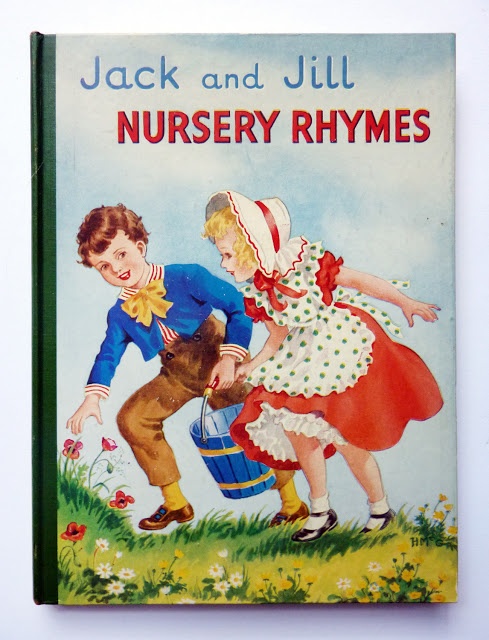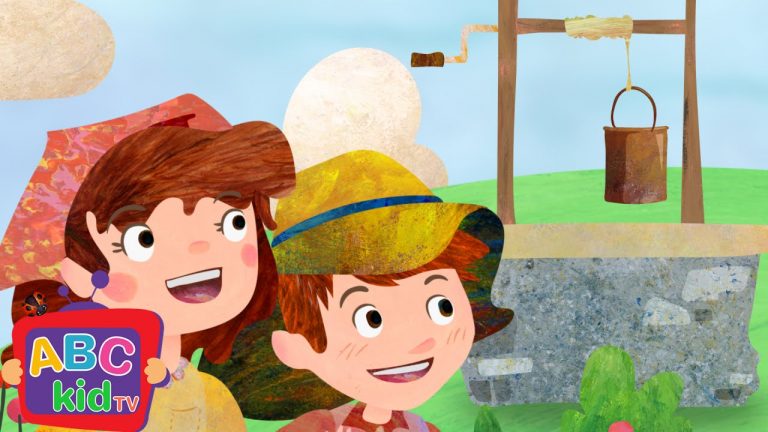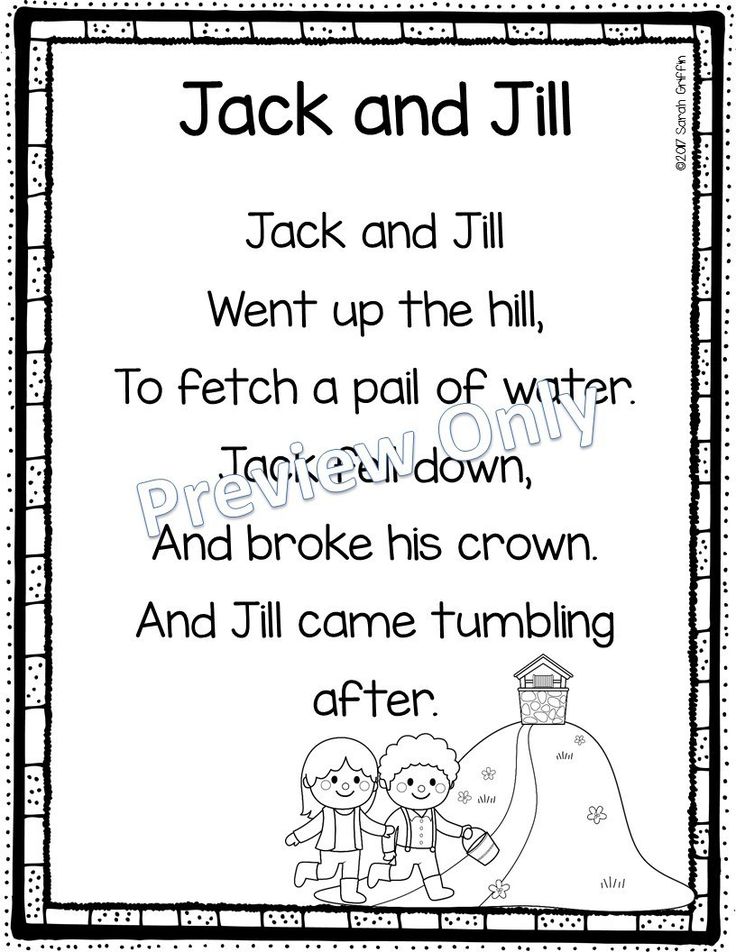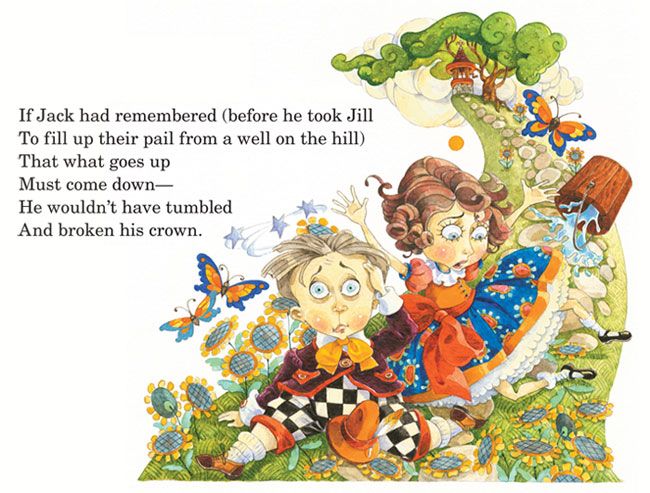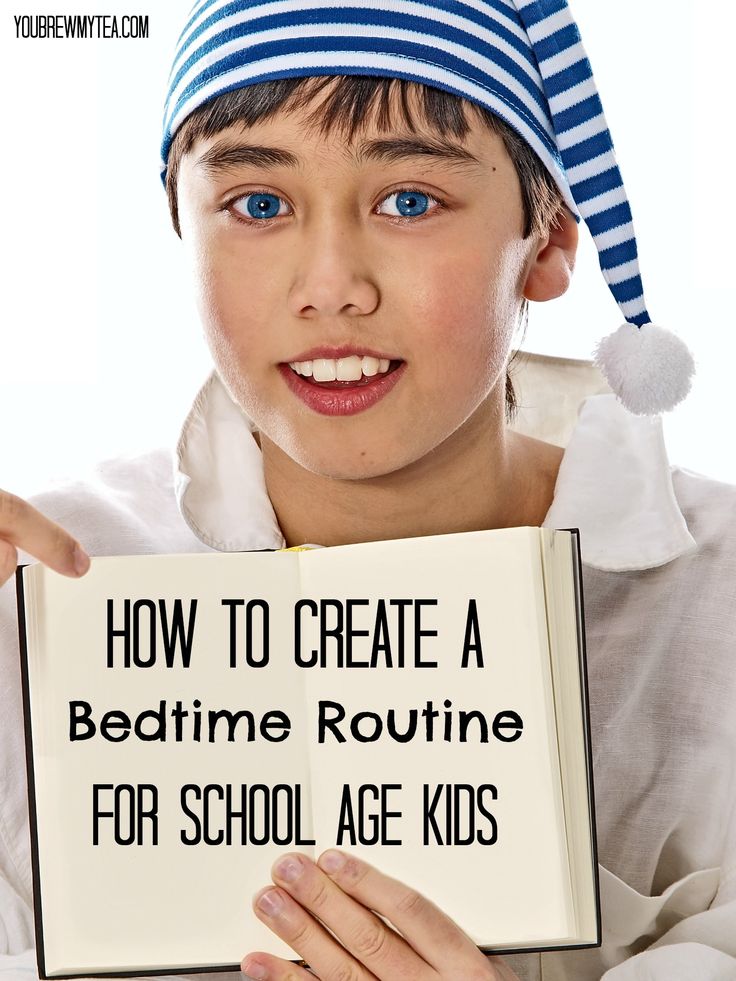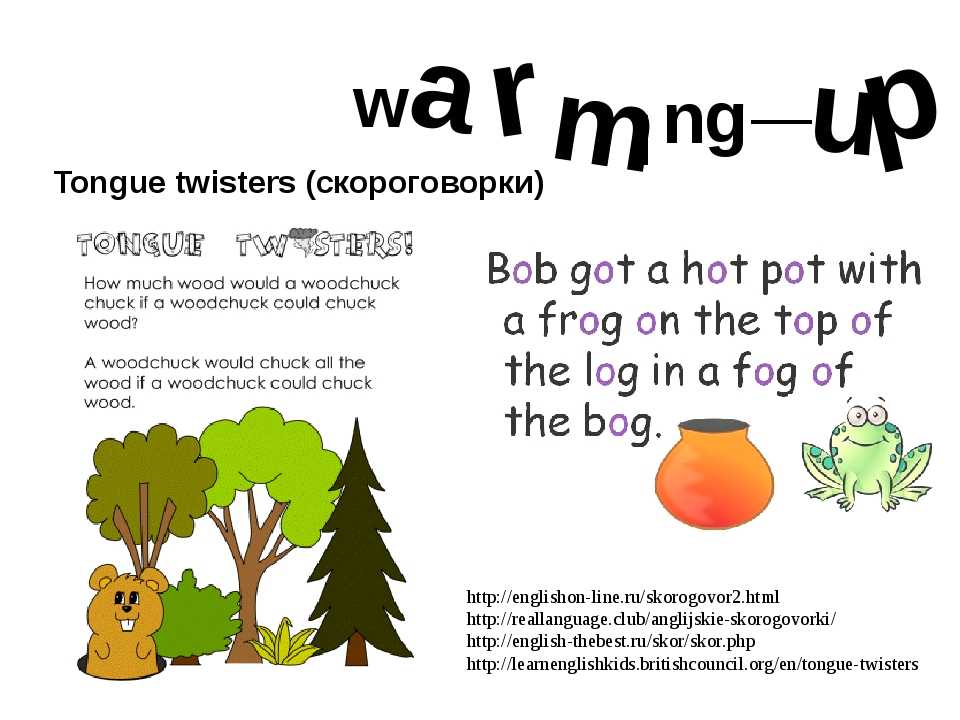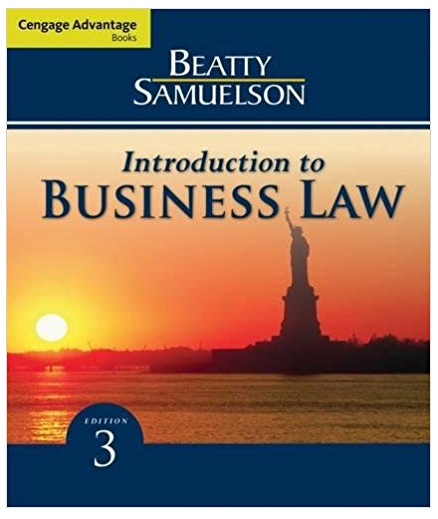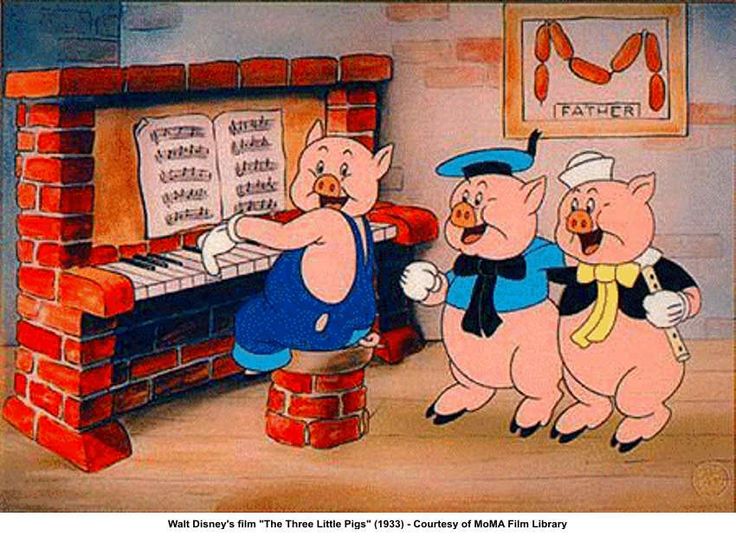Nursery rhymes about jack
The House That Jack Built: An English Nursery Rhyme
The House That Jack Built: An English Nursery Rhymeedited by
D. L. Ashliman
© 2009
- This is the house that Jack built.
- This is the malt
That lay in the house that Jack built.- This is the rat,
That ate the malt
That lay in the house that Jack built.- This is the cat,
That kill'd the rat,
That ate the malt
That lay in the house that Jack built.- This is the dog,
That worried the cat,
That kill'd the rat,
That ate the malt
That lay in the house that Jack built.- This is the cow with the crumpled horn,
That toss'd the dog,
That worried the cat,
That kill'd the rat,
That ate the malt
That lay in the house that Jack built.- This is the maiden all forlorn,
That milk'd the cow with the crumpled horn,
That tossed the dog,
That worried the cat,
That kill'd the rat,
That ate the malt
That lay in the house that Jack built.![]()
- This is the man all tatter'd and torn,
That kissed the maiden all forlorn,
That milk'd the cow with the crumpled horn,
That tossed the dog,
That worried the cat,
That kill'd the rat,
That ate the malt
That lay in the house that Jack built.- This is the priest all shaven and shorn,
That married the man all tatter'd and torn,
That kissed the maiden all forlorn,
That milked the cow with the crumpled horn,
That tossed the dog,
That worried the cat,
That kill'd the rat,
That ate the malt
That lay in the house that Jack built.- This is the cock that crow'd in the morn,
That waked the priest all shaven and shorn,
That married the man all tatter'd and torn,
That kissed the maiden all forlorn,
That milk'd the cow with the crumpled horn,
That tossed the dog,
That worried the cat,
That kill'd the rat,
That ate the malt
That lay in the house that Jack built.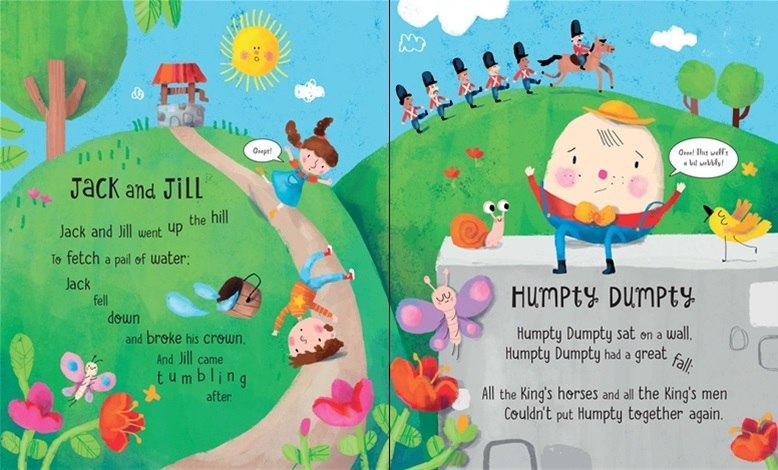
- This is the farmer sowing his corn,
That kept the cock that crow'd in the morn,
That waked the priest all shaven and shorn,
That married the man all tatter'd and torn,
That kissed the maiden all forlorn,
That milk'd the cow with the crumpled horn,
That tossed the dog,
That worried the cat,
That killed the rat,
That ate the malt
That lay in the house that Jack built.
- Source: James Orchard Halliwell [Halliwell-Phillipps], The Nursery Rhymes of England: Collected Chiefly from Oral Tradition, 4th edition (London: John Russell Smith, 1846), no. 398, pp. 175-78.
- Links to additional nineteenth-century versions:
- Bentley's Miscellany, vol. 13 (London: Richard Bentley, 1843), p. 481. This is a parody of the traditional rhyme. It was first published in the Morning Chronicle, September 22, 1809.
- [William Hone], The Political House That Jack Built, illustrated by George Cruikshank (1819).
 This is a parody of the traditional rhyme.
This is a parody of the traditional rhyme. - "A New House That Jack Built," The Examiner: A Sunday Paper on Politics, Domestic Economy and Theatricals, for the year 1819 (London: John Hunt, 1819), p. 652. This is a parody of the traditional rhyme.
- A Treasury of Pleasure Books for Young People (London: Sampson Low and Son, 1856), no. 5, pp. 1-16. Each story in this volume is numbered separately.
- Laura Valentine, Games for Family Parties and Children (London: Frederick Warne and Company, 1869), p. 66.
- William Alexander Clouston, Popular Tales and Fictions: Their Migrations and Transformations, vol. 1 (Edinburgh and London: William Blackwood and Sons, 1887), pp. 289-91.
Return to D. L. Ashliman's folktexts, a library of folktales, folklore, fairy tales, and mythology.
Revised May 1, 2009.
'Jack' nursery rhymes/songs: little_details — LiveJournal
'Jack' nursery rhymes/songs: little_details — LiveJournal ? * I'm trying to avoid the most obvious candidates (Jack Be Nimble, Jack and Jill, Jack Sprat, Little Jack Horner, The House that Jack Built). Others I've found in my searching and am still considering are Jack-a-Nory, Little Jack Jingle, Jack-a-Dandy, Jack Rowland, Jack Tar, and Black Jack Davy, but I'm looking for other options so I can choose the one that works best. I've googled for combinations of "jack" and "nursery rhyme" and "ballad" and "folk song", but a) the most obvious candidates always come up and swamp the less common results, and b) especially in the folk song searches, I get more results for singers named Jack.
* I'm trying to avoid the most obvious candidates (Jack Be Nimble, Jack and Jill, Jack Sprat, Little Jack Horner, The House that Jack Built). Others I've found in my searching and am still considering are Jack-a-Nory, Little Jack Jingle, Jack-a-Dandy, Jack Rowland, Jack Tar, and Black Jack Davy, but I'm looking for other options so I can choose the one that works best. I've googled for combinations of "jack" and "nursery rhyme" and "ballad" and "folk song", but a) the most obvious candidates always come up and swamp the less common results, and b) especially in the folk song searches, I get more results for singers named Jack. *Not for Graveyard Book fic (though I kind of wish it were). The scenario is that a character (Jayne from Firefly, to be precise) is playing cards while under the inadvertant effect of a mind-altering substance, and can't remember the name of that "guy with the little hat" in his hand, but comes out with a short verse that contains the word 'jack' instead.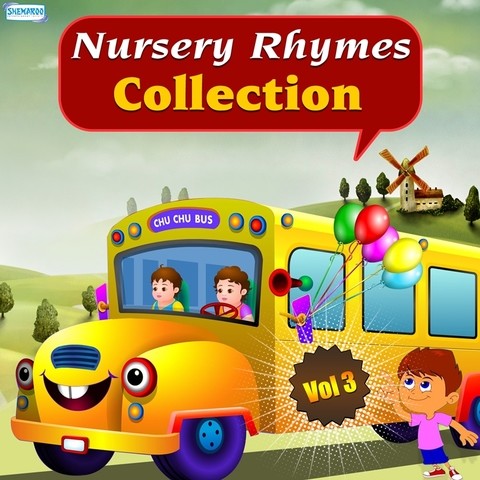 I'm envisioning this rhyme as one he might have learned as a child and would remember under duress, so something fairly simple and with obvious rhymes would be good.
I'm envisioning this rhyme as one he might have learned as a child and would remember under duress, so something fairly simple and with obvious rhymes would be good.
ETA: Thanks for all the suggestions! I ended up going with the 'futurized' 'House That Jack Built' idea, because I loved it :)
Tags: ~folklore (misc), ~music
Subscribe
-
Wound care in regency England
Hello! I was just wondering if anyone would happen to know anything about wound care towards the end of the regency period, round about 1820. I have…
-
Facial slashing treatment & outcome in primitive tech setting
Hi, I've been lurking for a while and really appreciate the work yall do here. My scenario is pretty similar to this post but with the added…
-
Delayed First Aid Following Animal Attack + Misc.
Hello, fine people at little_details. This is my first post here — usually, I try to BS through the medical miscellany and try to extract what I…
Photo
Hint http://pics.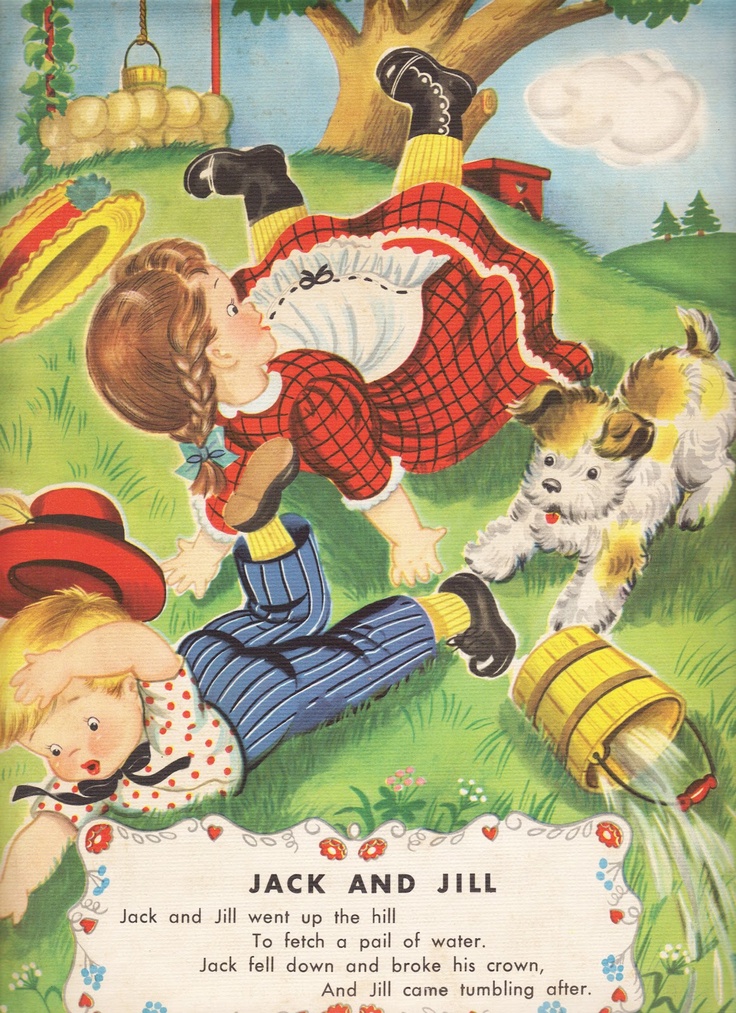 livejournal.com/igrick/pic/000r1edq
livejournal.com/igrick/pic/000r1edq
- 37 comments
-
Wound care in regency England
Hello! I was just wondering if anyone would happen to know anything about wound care towards the end of the regency period, round about 1820. I have…
-
Facial slashing treatment & outcome in primitive tech setting
Hi, I've been lurking for a while and really appreciate the work yall do here. My scenario is pretty similar to this post but with the added…
-
Delayed First Aid Following Animal Attack + Misc.
Hello, fine people at little_details. This is my first post here — usually, I try to BS through the medical miscellany and try to extract what I…
Samuil Marshak, The House That Jack Built, read children's poems about Jack's house online
Read, watch and listen to children's fairy tales
Russian fairy tale > Children's poems > Samuil Marshak > The house that Jack built, poems, Samuil Marshak
The house that Jack built, poetry, Samuil Marshak
About poetry
The house that Jack built
Here is the house
That Jack built.
And this is wheat,
Which is stored in a dark closet
In the house,
Which Jack built.
And this is a cheerful tit bird,
Which often steals wheat,
Which is stored in a dark closet
In the house,
Which Jack built.
Here is a cat,
Who scares and catches a chickadee,
Who often steals wheat,
Who is kept in a dark closet
In the house,
Which Jack built.
Here is a dog without a tail,
Who shakes a cat by the collar,
Who frightens and catches a tit,
Who often steals wheat,
Who keeps in a dark closet
In the house,
Who built Jack.
And this is a hornless cow,
Kicking an old dog without a tail,
Who pats a cat by the collar,
Who scares and catches a tit,
Which often steals wheat,
Which is stored in a dark closet
In the house,
Which was built by Jack.
And this is an old woman, gray-haired and strict,
Who milks a hornless cow,
Who kicked an old dog without a tail,
Who pats a cat by the collar,
Who scares and catches a chickadee,
Who often steals wheat,
Who is kept in a dark closet
In the house,
Who was built by Jack.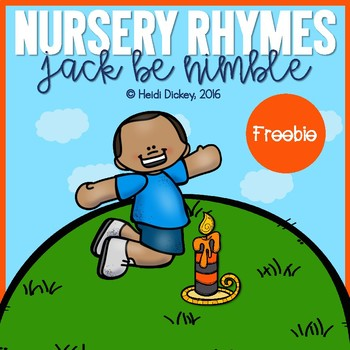
And this is a lazy and fat shepherd,
Who quarrels with a strict cowshed,
Who milks a hornless cow,
Who kicked an old dog without a tail,
Who shakes a cat by the collar,
Who frightens and catches a tit,
Who often steals wheat Which is stored in a dark closet
In the house
that Jack built.
Here are two roosters,
Who wake that shepherd,
Who quarrel with a strict barn,
Who milks a hornless cow,
Who kicked an old dog without a tail,
Who shakes a cat by the collar,
Who often frightens and catches a tit,
Who steals wheat,
Which is stored in a dark closet
In the house,
Which Jack built.
Samuel Marshak
ALL THE POEMS OF SAMUIL MARSHAK
ALL CHILDREN'S POEMS
← Previous
Next →
→ALL TALES HERE←
Tell a fairy tale to friends and acquaintances:
The Tale of Tsar Saltan
Sister Alyonushka and Brother Ivanushka
The Tale of the Dead Princess and the Seven Bogatyrs
The Tale of the Fisherman and the Fish
Scarlet Flower
Stone flower, film fairy tale (1946)
Cinderella, performance fairy tale (1978)
The Magic Bottle, fairy tale play (1999)
New Gulliver, fairy tale film (1935)
King Thrushbeard, fairy tale film (1965)
Alice in Wonderland, audio fairy tale (1976)
Poems for children, Samuil Marshak (1961)
Kid and Carlson who lives on the roof, audio fairy tale (1975)
Thank you, sorry and please, audio fairy tale (1979)
How a boar saved a hare, audio fairy tale (1971)
Straw goby cartoon (1971)
Adventures of Munchausen, cartoon, all series
Leopold the Cat's Treasure, cartoon (1981)
Let's be friends, cartoon (1979)
My brother is an ostrich, cartoon (1971)
↑ Up
Jack London.
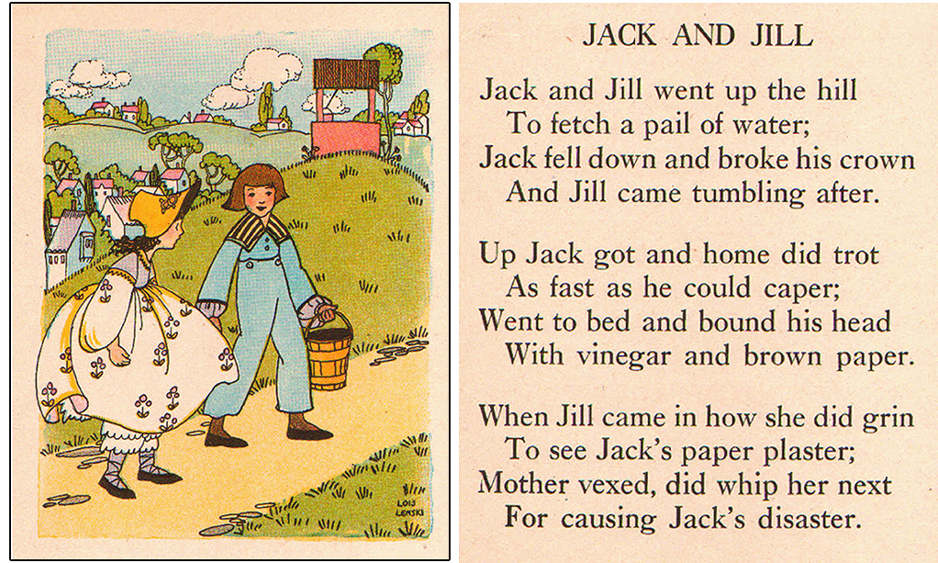 Youthful poems (translated from English by M. Lukashkina)
Youthful poems (translated from English by M. Lukashkina) The poet and translator Masha Lukashkina is already familiar to our site visitors. We are pleased to present to your attention her new work.
Many young men write poetry. Not passed "poetic fever" and twenty-year-old Jack London. Actually, his writing career began with the composition of poetry. "What kind of verses I did not write , - he later recalled, - for every taste, from triplets and sonnets to blank verse, as well as epic poems" . Carried away, Jack did not leave the room for twelve to fourteen hours a day, interspersing "poetic exercises", as he later called them, with writing philosophical and political articles, as well as stories.
In addition to his love of poetry, he was inspired to write like this by need. Natural business acumen, combined with a romantic disposition of the soul, suggested to him that it was much more interesting and, it would seem, easier to earn a living not by hard physical labor, but by writing poetry, especially humorous ones.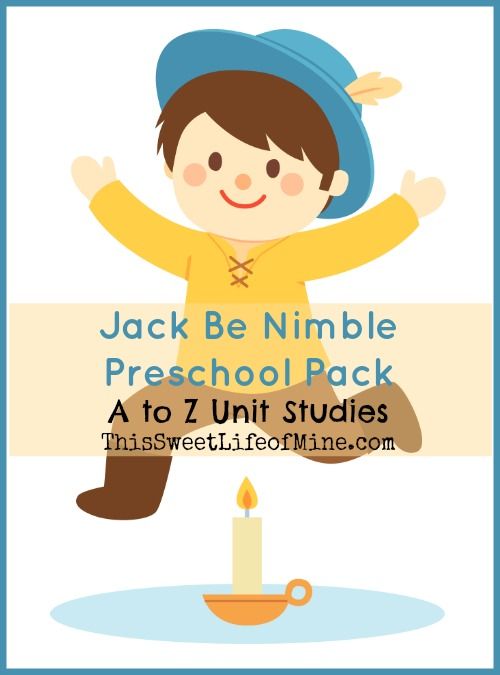 It must be admitted that he was wrong. Of the four triplets written by him, only one was approved and published - in an autobiographical, in fact, novel "Martin Eden" - about a young man who went through a difficult path from a simple sailor to a successful writer.
It must be admitted that he was wrong. Of the four triplets written by him, only one was approved and published - in an autobiographical, in fact, novel "Martin Eden" - about a young man who went through a difficult path from a simple sailor to a successful writer.
| IN and OUT I went out for a minute - | In and Out When he came in |
"It's not art, but it's a dollar" , said the beginning writer Martin Eden about his creation. "Maybe they'll give you a dollar for that," his fiancee Ruth objected to him, ", but that's a redhead's dollar in the circus" .
"Maybe they'll give you a dollar for that," his fiancee Ruth objected to him, ", but that's a redhead's dollar in the circus" .
Was Ruth right? Was Mabel Applegart, Jack London's lover, later introduced by him in the novel under the name of Ruth, right? Mabel, after reading Jack's poems, was very critical of them and began to appeal to the mind of her beloved, urging him not to waste time or energy on poetry. Jack, on the other hand, stood his ground, assuring Mabel that by practicing writing poetry, he thereby improves his prose ... And it seems that he achieved his goal. Suffice it to recall the poetry and lyricism that permeated the story "White Silence" and the story "The Call of the Ancestors", created by him at the beginning of his writing career.
“Many years ago, when I had not yet sold any of my stories, I, as a beginner, dabbled in poetry ,” Jack London later recalled, “, but one fine day I resolutely gave up this occupation. And since then I have not tried to write a single line, despite the conviction that never left me that I could make a good poet.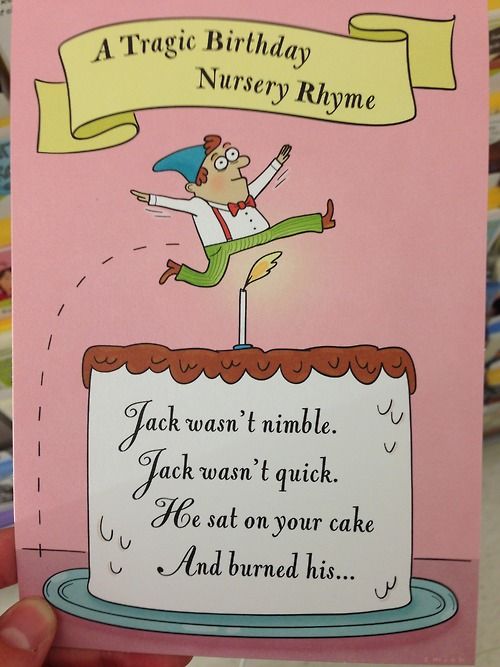
Jack London
(1876-1916)
| GOLD DIGGER'S DREAM Gold seeker dreams of food - In the Klondike, which is covered with snow up to the chest. He sees: relatives are sitting by the fire, Fantasy gently circles over the sleeping man Veal cutlets, pork fillet, His hands are trembling… Reading a prayer Saliva fills the sunken mouth. … What does that rustle that cut through the Darkness mean? Grabbing his gun, he rushes towards her. A piece is stolen - and the knapsack is empty. Poor fellow, − alas!.. The Dream deceived you. October 1898 | THE KLONDYKER'S DREAM In slumbers of midnight the Klondyker lay; The snow was fast falling, the cold was intense; He dreamed of his home, of the dining-room table, Then Fancy her marvelous miracles wrought, He came in good season, the table was laid; His fingers were trembling, so rich was the fare, The jaws of the sleeper are moving with joy; Ah! whence is that form which now bursts on his eye? He springs from the blankets, he seizes his gun; The last piece of bacon is gone from the sack; 0 'Klondyker, woe to your dreams of good fare! |
| HE LEFT HAND Only the rumor about gold passed − The army trumpet sings − Fell in love with a girl in May − Another try?.. Damn it. Spring 1897 | HE NEVER TRIED AGAIN He heard the wondrous tale and went The air rang loud with war's alarms, He met a pretty Summer Girl, Three times he'd tried, three times he'd failed; |
| TO GEORGE STERLING I watched the gardener work. I remember my friend. | GEORGE STERLING I saw a man open an iris petal. |
| I went to look for a treasure once January 1899 | WHERE THE RAINBOW FELL Just over the way where the rainbow fell, |
| MY FORTUNE On a golden day, having come to the river, Oh, those moth shapes! So she told me: And this is an undoubted sign, You are cheerful... I know it myself. You are quick-tempered and capricious, but Ring of Venus... Oh-oh-oh, Diseases, troubles, poverty There is a girl… She is shy − The fortune-teller fell silent... Like a needle, O delightful stream! As long as my ardor has not faded, November 1898 | MY LITTLE PALMIST The leaves stirred softly overhead, 0 that slight form so dainty-fair, "This line, unbroken, deep and long, While this, so clear and firm and fine, "And here, your disposition gay, And yet again, these furrows blent, Nor sudden sorrow, or swift pain, "Yet least among your pleasures great, Ere yet she ceased, I knelt, a thrall, 0 sweet that rippling flow of sound, 0 sweet those pure, pellucid eyes, It seems but yesterday that we, But yesterday, − Ah well-a-day! |
| AT DAWN The firmament glows at dawn − I'm standing under her window. Throwing stones at the window − Will the nymph hear this knock? But here she is − Oh, I can't wait! − Like a mountain chamois, slender, − Why, a milk bottle | DAYBREAK The blushing dawn the easy illumes, I pause beneath the window high, And pebbles hurtling through the air, Ye gods! In my imagination, A moment passes, then I see Fair as the morn, with rosy light, “It should have been put out by Nan, |
| O LOVE Whenever golden days, What I spent with you, Suddenly melted into metal − | O LOVE Love, could I but take the hours That once I spent with thee, |
| RECOGNITION I also like the rustle of wings, Serpent breaks out of hands. Tight elastic thread May 1897 | MY CONFESSION Each gusty breeze that stirs the trees The silken string (a dainty thing, That's how I write my stories, |
| ember song Sun fiery whips, − We didn't last long, but we bloomed... Not having drunk the desired cup, In a cramped stone cellar, For a long, long time the agony lasts... March 1899 | THE SONG OF THE FLAMES Pent in prisons dark and loathsome, |
| HORS DE SAISON* Run after the train? My earnings are decent I'm in a hurry to get out of town - to relax My socks are not the right length - I'm used to dancing with a jump, I'm happy to talk about duties I have been smoking makhorka since then, In matters of the heart - mayata. I decide to part with my life?! Well, Run after fashion? July 1897 | HORS DE SAISON Nothing but comes too late with me, My slim income with care I eke, I struggle 'mid temptations great, When at the seaside I arrive, I never bought the latest hat, And thus it is with all my clothes; I learned to waltz with hop and jump; The cigarette I learned to smoke In. politics it is the same; I never loved but that too late At last one day, cursing my fate, Nothing but comes too late with me, |
FEARED HELL
(Triolet)
| Probably afraid of Hell, |
| OVER THE EDGE I live a long time... Over the edge. | TOO LATE Too late' Even Is death too late' Like jackals when the lion is dead. |
| MAN OF THE FUTURE What is he like - can anyone describe him? It will split the globe into pieces − In the heat of unprecedented wars? Will Death drive away? Or maybe it will wave to the stars, | OF MAN OF THE FUTURE Of man of the future! Who is able to describe him? Perhaps he breaks our globe into fragments |

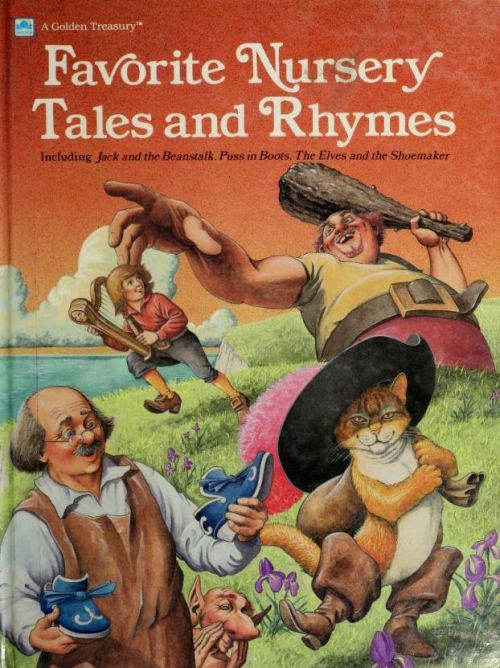

 "
" 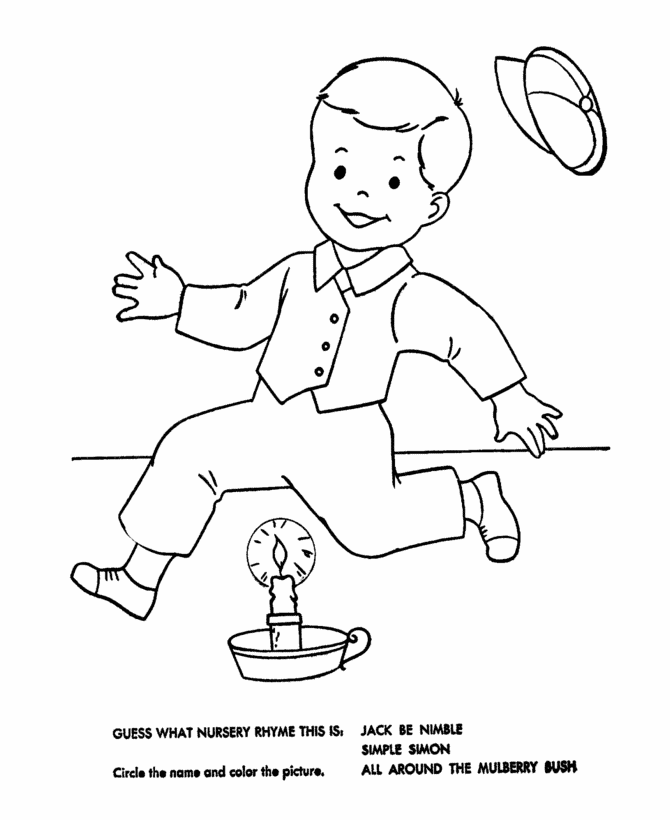
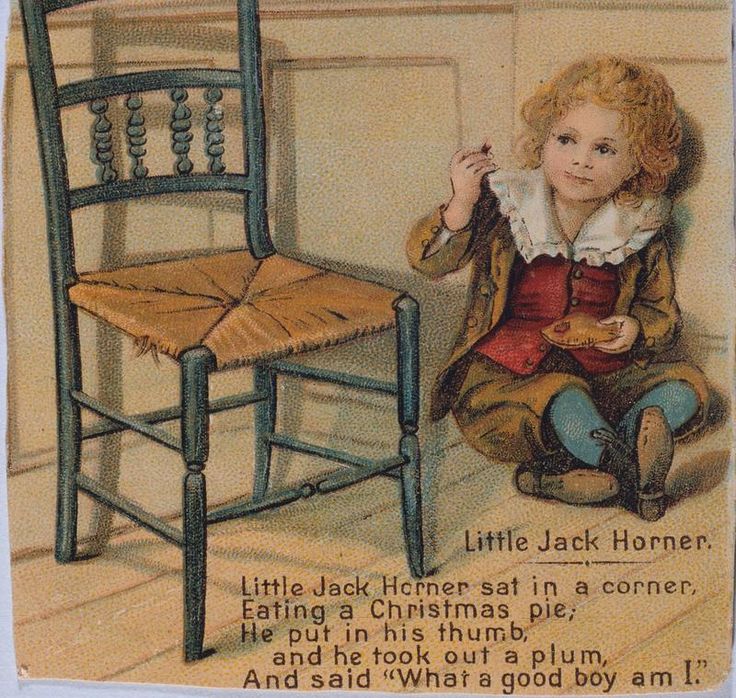

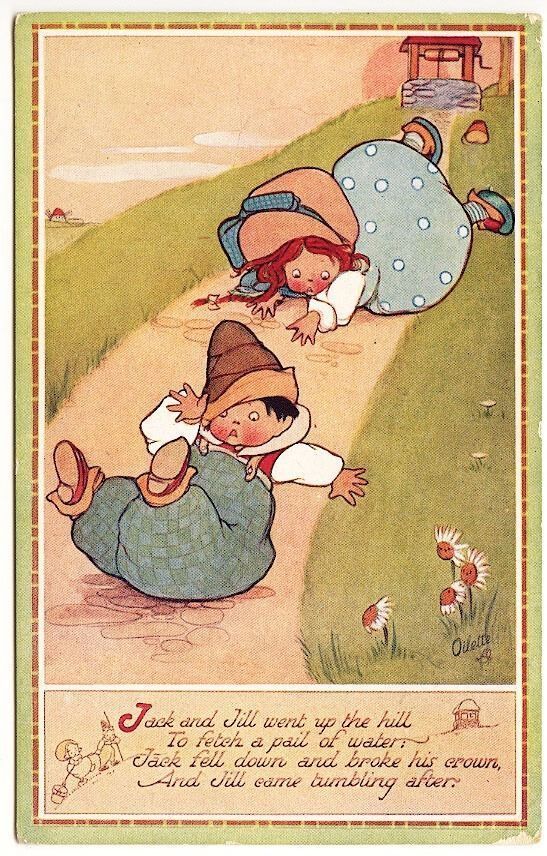
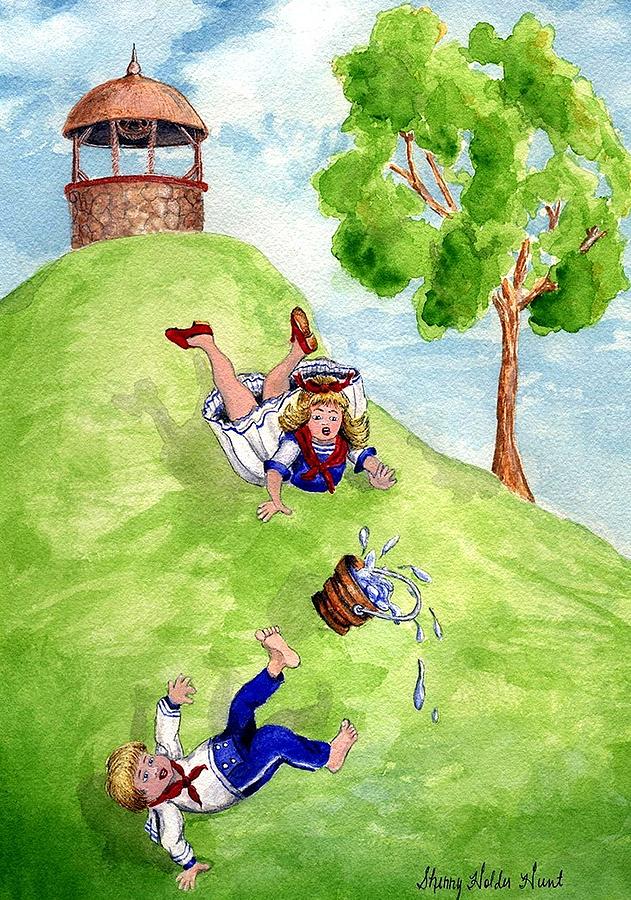

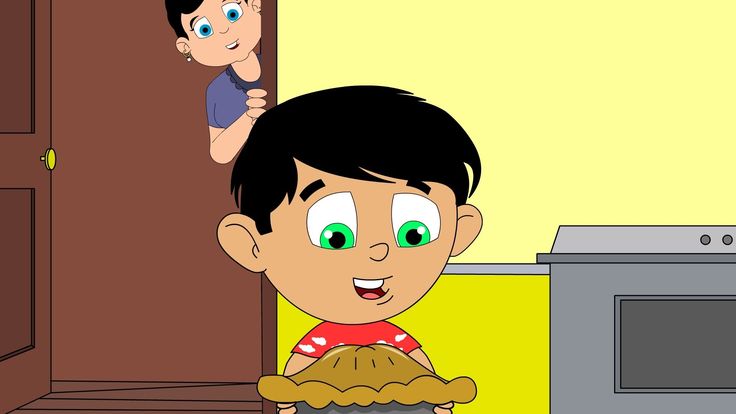
 "
" 